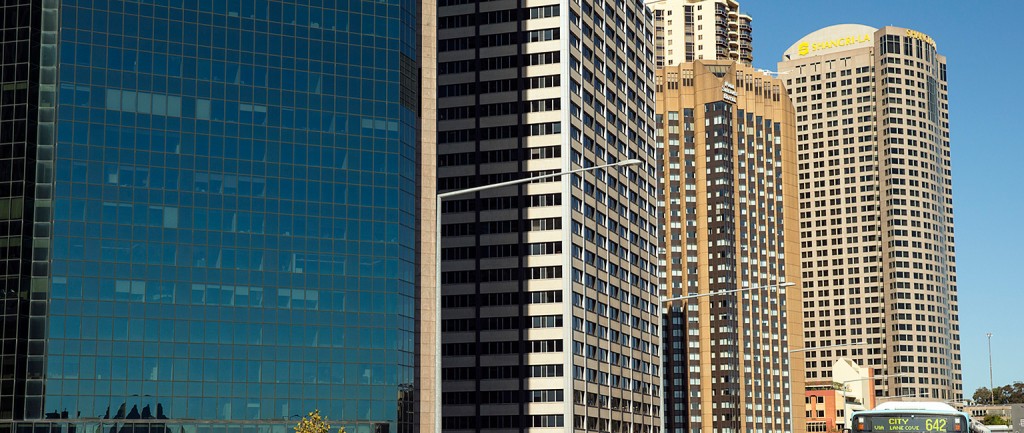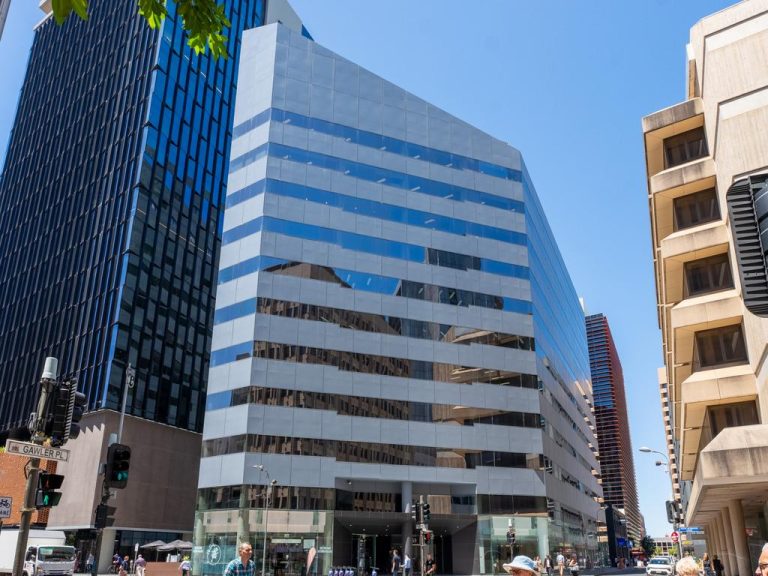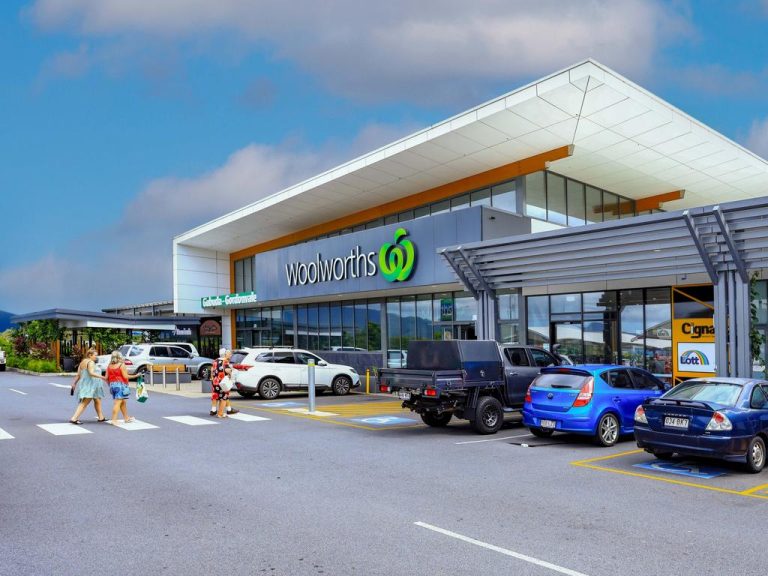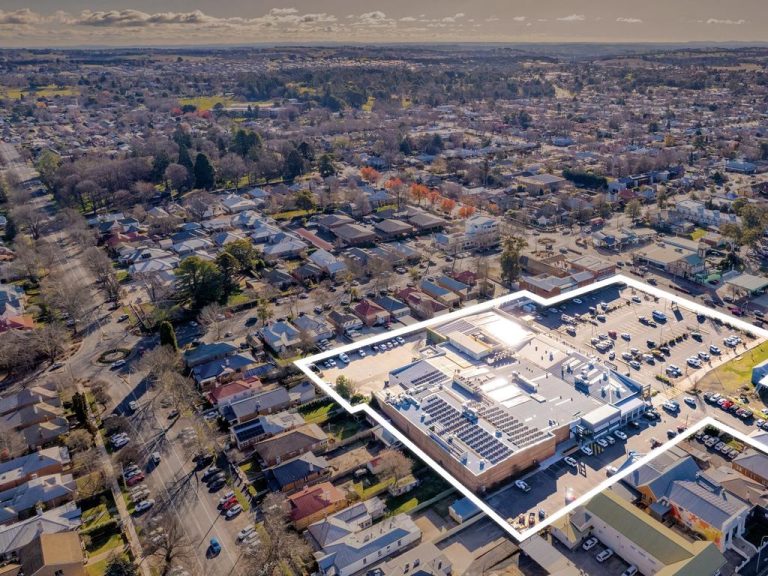Full steam ahead for Sydney CBD office market

The intense demand for office space in Sydney’s CBD market is expected to continue for the next two years, research shows.
While the city is set to experience a boost in office supply volume over the next 18 months, experts say the market remains skewed towards landlords.
Knight Frank’s Sydney CBD Office Market Overview details a string of major leasing deals that have created headlines in 2015, including Employers Mutual’s eight-year lease of more than 6700sqm of space at 345 George St, online shopping giant Amazon’s lease of about 10,000sqm at 2 Park St that begins in the first half of next year, and Apple’s move on a 5600sqm office at 20 Martin Place.
In the report, Knight Frank NSW research director Nick Hoskins says the demand for offices will offset much of the new space that is expected to come online in the near future.

A number of large deals have punctuated Sydney’s CBD leasing news in 2015
But he says that the fresh supply will continue to increase, outstripping demand and slowing rental growth.
“At a macro level, Australia’s shifting growth drivers away from mining investment is benefitting NSW, while lower interest rates and an improving US economy have traditionally supported CBD occupancy,” Hoskins says.
(It is) indicative of the lack of opportunities in the market despite the presence of a deep pool of unsatisfied capital
“While this demand is forecast to help digest the short-term supply spike, an increase to the vacancy rate is nevertheless forecast. However the subsequent net supply in 2017 and 2018 will result in this increase unwinding relatively quickly.”
Hoskins says the value of leasing deals struck in Sydney’s CBD this year has already exceeded last year’s total of $4.93, but that those figures were deceiving.

Sydney ‘s CBD office spaces continue to be highly sought after
“This amount is materially boosted by two significantly large transactions, namely the purchase by China Investment Corporation of the Investa Property Group and the sale of Tower 1 at Barangaroo into a new wholesale fund for circa $2 million,” he says.
The report highlights that there have been only 14 leasing deals of more than $10 million this year, compared with the 39 transacted in 2014.
“(It is) indicative of the lack of opportunities in the market despite the presence of a deep pool of unsatisfied capital,” the report says.







